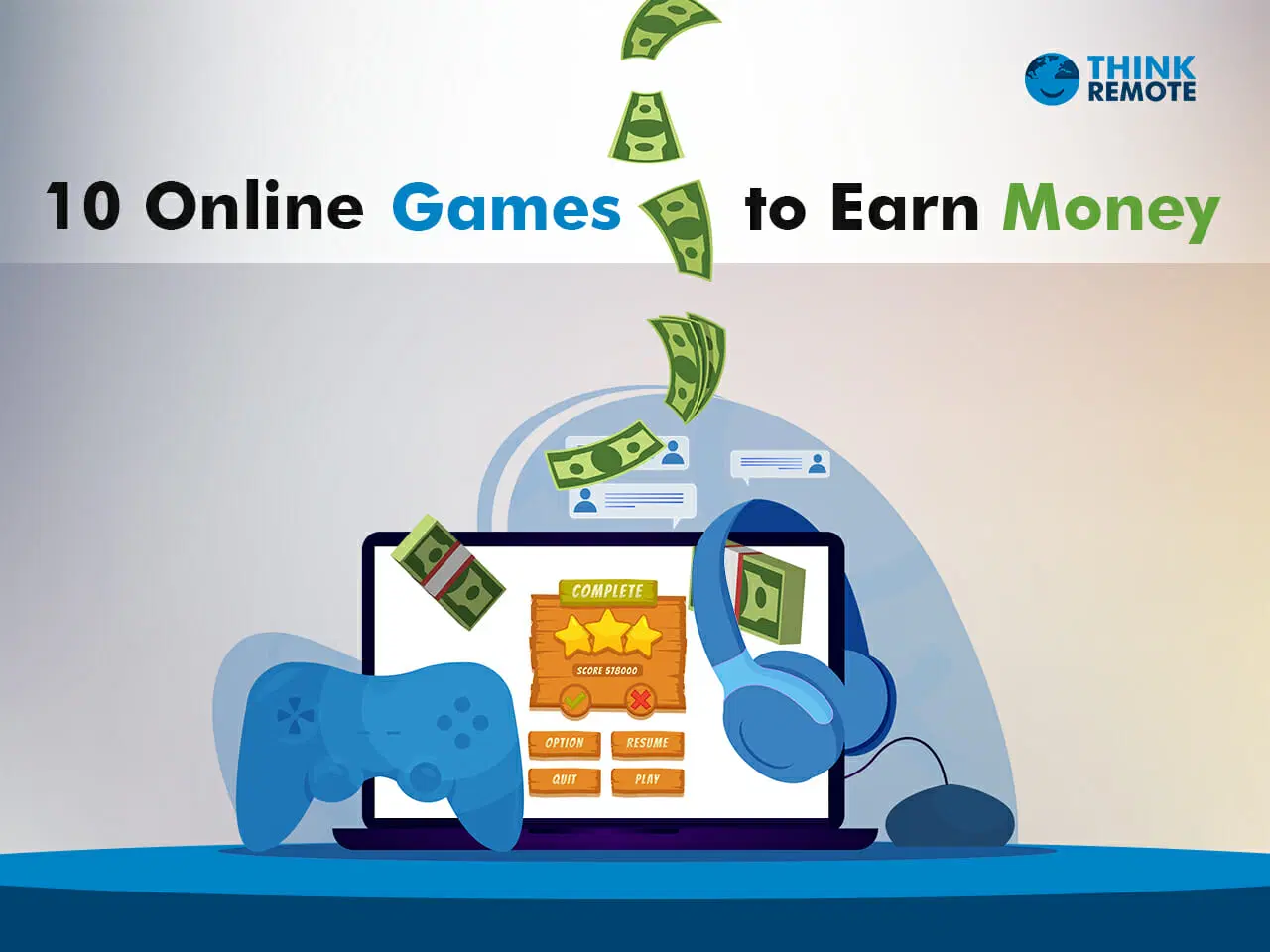Just How Play-to-Earn Gamings Are Transforming the Video Gaming Industry

Recognizing Play-to-Earn Mechanics
The play-to-earn design has actually become a revolutionary concept within the video gaming industry, essentially changing the partnership in between gamers and the video games they involve with. This version enables players to earn tangible benefits, usually in the form of cryptocurrencies or non-fungible symbols (NFTs), via their in-game tasks. Unlike traditional video gaming frameworks that normally generate income from with membership costs or one-time acquisitions, play-to-earn video games incentivize gamer involvement by straight connecting gameplay accomplishments to real-world value.
At the core of play-to-earn auto mechanics is the combination of blockchain innovation, which ensures transparency and provable possession of in-game properties. Gamers can get, market, or trade these properties in decentralized markets, equipping them with economic company previously unseen in standard pc gaming atmospheres. Each player's payment to the video game environment-- be it with competent play, tactical trading, or area participation-- boosts the general gaming experience while giving them a possibility to create revenue.
As players spend time and sources, they not only strengthen their interaction with the game yet additionally foster a vibrant economic climate that shows their collective initiatives (play and earn rewards). This change of gameplay into a monetizable endeavor is reshaping both player inspiration and game style
Financial Effect on Gamers

Furthermore, play-to-earn models equalize accessibility to economic benefits. Gamers from differing socio-economic histories can get involved and potentially gain significant revenue, linking spaces that exist in conventional work markets. This standard shift fosters financial freedom, especially in regions where job opportunity might be limited.
Additionally, the introduction of virtual economic situations enables gamers to construct riches through critical investments in in-game assets, which can value in time. This has actually led to the appearance of a new class of players who come close to play-to-earn as a serious income-generating activity, commonly causing the reinvestment of profits right into the gaming environment itself. Ultimately, the economic effect on gamers is profound, as they navigate a landscape where recreation and livelihood merge.
The Function of Blockchain Modern Technology
What makes blockchain technology a foundation of play-to-earn video games is its ability to give openness, protection, and decentralization. By utilizing a distributed journal system, view blockchain makes certain that all transactions within the game are taped in an unalterable fashion, allowing players to validate ownership of in-game assets without counting on a central authority. This transparency promotes trust fund amongst players, as they can independently validate the deficiency and provenance of electronic products, enhancing their value.
Moreover, blockchain technology empowers gamers via decentralization, allowing them to engage in peer-to-peer deals. Players are no longer restricted to in-game economic situations controlled by designers; instead, they can trade, sell, or lease their assets freely in open industries. This change not just boosts the general liquidity of digital assets yet additionally encourages even more purposeful gamer engagement, as individuals can directly gain from their effort and time bought the game.
Furthermore, blockchain facilitates the development of smart agreements, which automate different in-game procedures, from benefits circulation to governance mechanisms. play and earn rewards. This innovation lowers the danger of fraudulence and ensures fair play, further strengthening blockchain's indispensable function in the evolution of play-to-earn gaming
Criticisms and obstacles
Often, play-to-earn video games deal with significant obstacles and criticisms that can hinder their development and approval within the more comprehensive gaming neighborhood. One key problem is the possibility for a speculative bubble, where the value of in-game properties can change substantially, bring about monetary losses for players. This volatility weakens the stability that typical video gaming environments typically use.
Furthermore, the assimilation of blockchain technology usually questions concerning environmental sustainability. The power intake connected with particular blockchain networks has actually sparked disputes regarding the environmental influence of these video games. Critics suggest that the carbon impact produced by play-to-earn platforms can deter eco-conscious players.
Additionally, there are issues concerning accessibility and inclusivity. Lots of play-to-earn games call for players to invest considerable ahead of time resources to acquire necessary possessions, creating obstacles for those with limited monetary sources. This model can unintentionally produce a divide in between wealthier gamers and those who can not pay for to get involved.
Future Fads in Gaming
As the video gaming sector remains to progress, a number of future patterns are emerging that pledge to improve the landscape of play-to-earn video games and beyond. One considerable trend is the enhancing integration of blockchain innovation, which improves transparency and security in transactions. This will likely bring about better trust fund amongst gamers, motivating larger fostering of play-to-earn versions.
Additionally, the surge of non-fungible symbols (NFTs) is set to revolutionize electronic possession, enabling gamers to truly own in-game assets. This change will certainly not only equip gamers yet likewise create brand-new financial chances within the virtual ecosystem. In addition, the merging of gaming with other industries, such as social media and decentralized money (DeFi), is expected to cultivate ingenious gameplay mechanics and money making approaches.
Additionally, advancements in expert system and artificial intelligence will certainly enable more tailored gaming experiences, dealing with individual gamer choices and enhancing interaction. The expanding emphasis on community-driven growth will likely affect game style, as gamers significantly take part in forming their gaming atmospheres. Jointly, these fads show a transformative future for the gaming industry, where play-to-earn designs will play a main duty in redefining gamer interaction and value production.
Conclusion
In conclusion, play-to-earn games stand for a substantial change in the pc gaming industry, fostering economic chances with ingenious auto mechanics that take advantage of blockchain modern technology. This model not only democratizes accessibility to financial benefits for gamers from numerous socio-economic histories yet additionally urges area engagement and empowerment. In moved here spite of dealing with criticisms and challenges, the potential for future improvements recommends that play-to-earn video games will certainly remain to shape the gaming landscape, using new avenues for wide range creation and player involvement.
The introduction of play-to-earn games represents a significant shift in the video gaming market, reshaping the relationship in between gamers and the digital economy (play and earn rewards).The play-to-earn model has actually arised as a revolutionary principle within the pc gaming sector, essentially altering the connection in between gamers and the video games they involve with. Unlike standard check that pc gaming structures that usually monetize via registration charges or one-time acquisitions, play-to-earn games incentivize gamer involvement by directly connecting gameplay achievements to real-world worth
These innovative pc gaming platforms empower players to create real-world earnings via their in-game activities, thereby changing the standard notion of pc gaming from a simple activity into a viable economic chance. In spite of encountering difficulties and objections, the potential for future developments recommends that play-to-earn games will proceed to form the pc gaming landscape, using brand-new avenues for wide range creation and player participation.